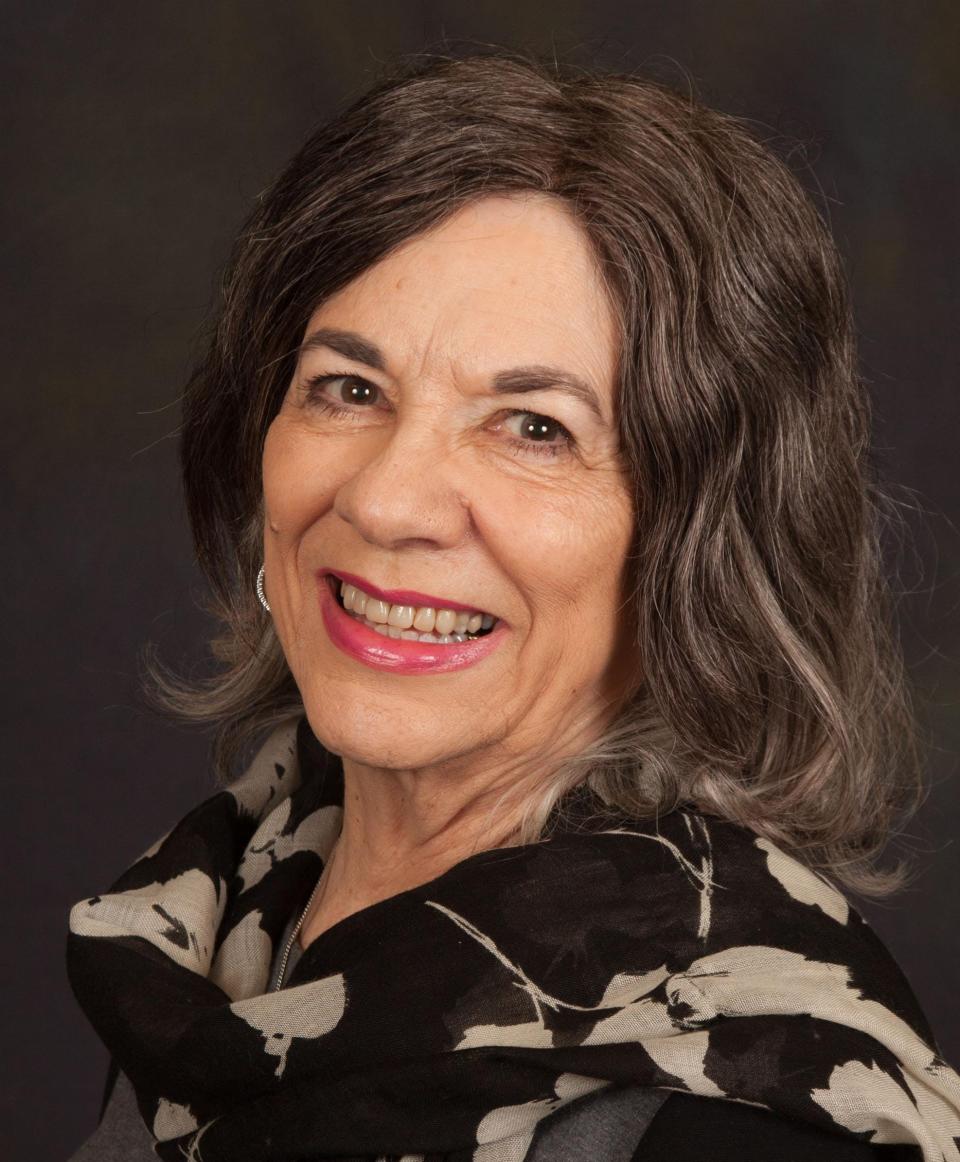Pratt: Women play important roles throughout biblical story
Pay attention to the questions your children ask, for there they often expose the hypocrisy of their elders.
Our youngest of three sons, at age 10, asked me (circa 1970s), “Mother, why doesn't Brother Bradley ever ask a woman to pray in church?”

Actually, there was one elderly woman the pastor did often call to lead congregational prayer, but I think she died a few years before my youngest was born in 1967.
Mrs. Smith, a widow by then, was a well-educated Bible teacher, author and speaker. She never gave up trying to teach the younger women that they should wear skirts, not pants.
Having “grown up” in the mid-to-late 1950s, I was paying attention to the gathering rage of an omen's movement across the country. Historically, it had been only a short time ago that women were not allowed to vote, among other legal inequities.
Yet, the most knowledgeable and opinionated person I knew, my paternal grandmother, daily kept up with the state and national political scene via radio and newspaper. Still, she was old school on a woman's place in society. Granddad was a farmer and lay preacher.
Her opinions were heard only by her family. She was not happy with the way Eleanor Roosevelt conducted herself so publicly, and didn't mind saying so.
Grandmother was from Missouri, better educated by far than was usual in rural West Texas of the 1930s. Yet, no one would call my grandmother a feminist.
I do not recall her commenting on the rising tide of the omen's movement in the early 1960s. To her, the idea that women could be preachers or presidents would have been scandalous.
These opinions may strike us as odd in 2023, but at the time our youngest raised the question about women praying in church, they were still relatively common.
In going through my “paper stuff,” I found an essay I wrote about Robert's question. My grandmother died years before I went to Texas Tech and began a journalism career as a religion editor at mid-life, I suspect my answer to his question would not have pleased her.
Quoting that carefully constructed response to his question, I wrote: “What can I say? Discrimination is an ugly evil, particularly when clothed in pious language. It is easier to keep the peace by pretending it does not matter and does not hurt.
“I had not thought about my children noticing this subtle point. I've not heard the women complain...”
Then I mentioned a book by Letha Scarjoni, which caused me to break into tears: “I had not realized how deeply the hurt went in my own soul at the insistence of many that because I am a woman, my response to the Gospel and claims of Christ in my life are extremely limited.”
I went on to note that I had never heard a minister say that those of the female sex have a different Gospel, adding, “I quite innocently believed Christ called me to the challenge of discipleship. As I continued to serve in my church, I gradually became aware of the ambivalence in the attitude of pastors. It was obvious that their conditioning and their sense of justice were at war.”
Then, I discuss efforts to make peace with this issue: “If I can blame men for keeping me from fulfilling my personal sense of responsibility, then I cannot be held accountable for my failure!”
“I do not belie women to be more faithful, honest or virtuous than men – but simply more needy. Confronted with the stigma of inferiority, they respond more readily to the Gospel of Hope,” I concluded in 1977.
Women play important roles throughout biblical story, especially at the birth of Jesus, liberator of every person, but much has changed since I recorded those thoughts on the omen's movement.
Beth Pratt retired as religion editor from the Avalanche-Journal after 25 years. You can email her at beth.pratt@cheerful.com.
This article originally appeared on Lubbock Avalanche-Journal: Pratt: Women play important roles throughout biblical story

